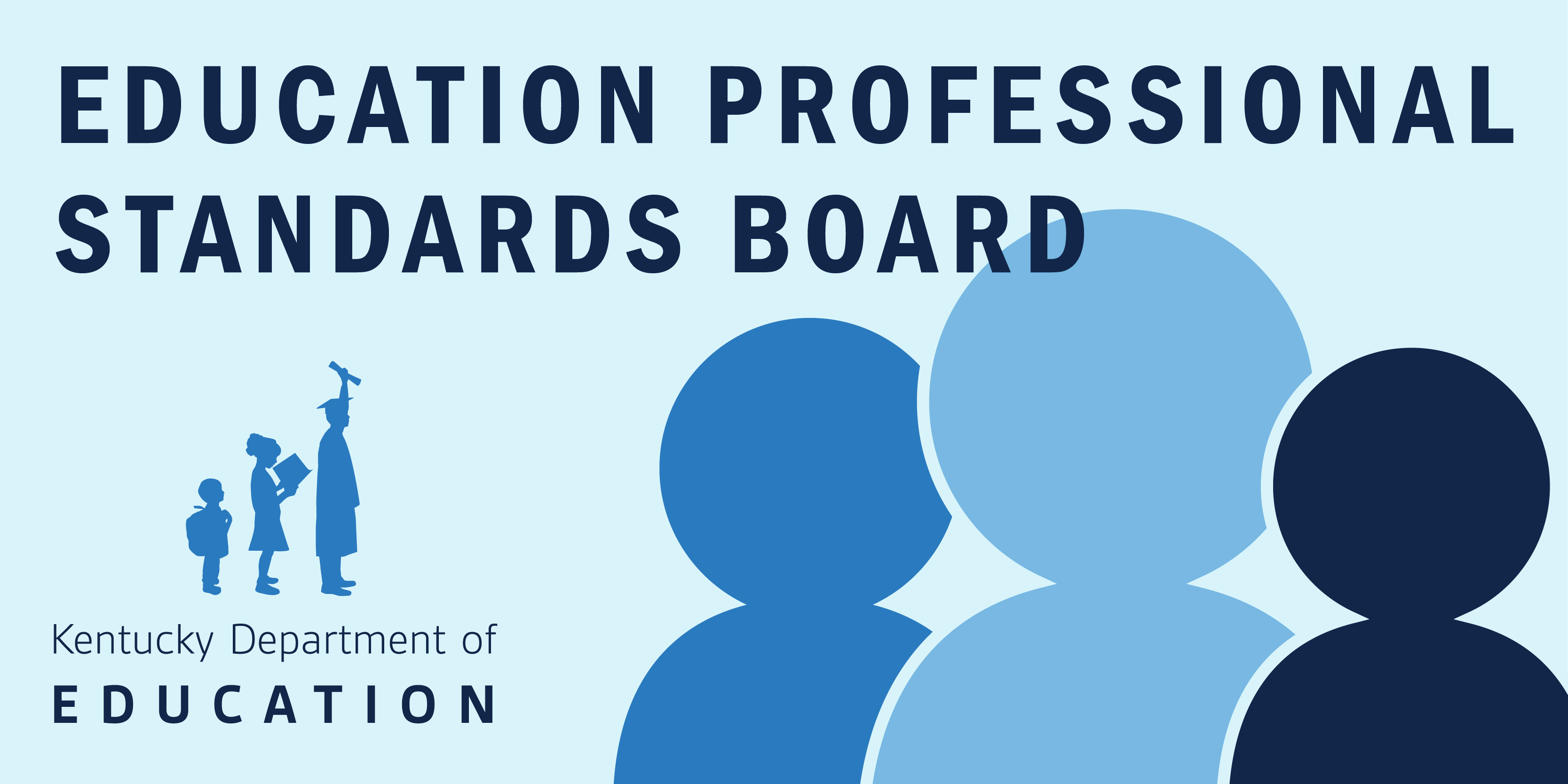By Matthew Tungate
matthew.tungate@education.ky.gov
The state’s proposed new accountability system would encompass more than how students perform on tests, according to a proposal presented to the Kentucky Board of Education. The proposed model incorporates all aspects of school and district work and includes measures of principal and teacher effectiveness and school and district support.
The board got the first overview of the proposed accountability model during its October meeting. During the meeting, the board also approved a strategic plan that will guide its work and that of the Kentucky Department of Education, and it set performance objectives for Commissioner Terry Holliday.
Last year’s Senate Bill 1 requires the Kentucky Department of Education to develop a new assessment and accountability system to be in place by the 2011-12 school year.
“This is one of the most important decisions that the board will make because it will affect the way we measure the progress of all schools and districts,” board chairman David Karem said. “Our goal is to ensure that all Kentucky students are college- and career-ready.”
The importance also was not lost on Holliday.
“One of the most influential things you guys will do is what you are about to engage in discussion on – the accountability model,” he said.
Associate Commissioner Ken Draut explained that the proposed accountability model offers a balanced approach organized around the board’s four strategic priorities of next-generation learners, professionals, support systems, and schools and districts. During the meeting, the focus was on the student-evaluation component of the proposed system.
Under the proposal, schools and districts would be designated as distinguished, proficient, needs improvement or persistently low-performing based on scores earned on various measures:
- Elementary and middle schools would earn points based on student achievement in reading, mathematics, science, social studies and writing; achievement gap reduction; and student growth in reading and mathematics.
- Middle schools also would earn points for students’ college readiness based on EXPLORE test results.
- High schools would earn points for student achievement as measured on end-of-course exams; PLAN and ACT scores; college- and career-readiness rate; and graduation rate. In addition, the department is investigating the use of PLAN and ACT to determine student growth at the high school level.
“We’re proposing a different way of looking at gap,” Draut said.
Under the proposal, African-American, Hispanic, Native American, special education, low income and limited English proficiency students would be combined as one group for calculation of the achievement gap and school gap reduction goal. However, scores for the various demographic groups would still be reported.
The proposed growth calculation is designed to measure a student’s growth in learning each year as compared to the student’s academic peers. So, higher-performing students’ scores are compared against other high-scoring students, while lower-performing students’ scores are compared against other lower-scoring students’ scores.
“You’d have a motivation to work with every high-achieving kid to get them to grow higher,” Draut said. “You get credit for working with all kids.”
Under the proposed model, high schools will be expected to meet annual targets based on how far they are from achieving a goal of a 90 percent graduation rate by 2015.
In addition to focusing on student performance, the accountability proposal also includes factors for teacher and school leader effectiveness. Draut said growth in student achievement may be used to help determine that.
Holliday said the department is reluctant to tie student test scores to teacher evaluations.
“We’re more interested in developing multiple measures,” he said, adding that he expects this and other areas of school and district accountability to come before the board in the next year.
Board members didn’t discuss consequences if schools or districts don’t meet their goals.
The board scheduled a work session for 2 p.m. ET Dec. 7 in Frankfort preceding its Dec. 8 board meeting. The board expects to give final approval to the accountability system at its Feb. 2, 2011, meeting.
To help the lowest-performing schools, the board officially eliminated the Highly Skilled Educator program in favor of a new program called District 180.
Under the District 180 model, the department will “provide highly skilled leadership, support and education assistance for low-achieving schools,” according to the proposed regulation. District 180 employs three Education Recovery Directors, who are responsible for managing teams of one Education Recovery Leader (a mentor to the principal) and two Education Recovery Specialists (one each in mathematics and literacy) for each persistently low-performing school.
KDE had already implemented the District 180 model and only needed the board’s final approval.
Related: Strategic planning sets course
In other business, the board also approved its legislative agenda in preparation for the 2011 session of the Kentucky General Assembly. Since 2011 will be a short legislative session, the board chose to focus on just one issue: raising the compulsory school age to 17 in 2011-12 and 18 in 2012-13.
“This is just so absolutely necessary if you want students to be college- and career-ready,” Karem said.

Helen Mountjoy hugs Samuel Robinson after being named the recipient of the Dr. Samuel Robinson Award during the Kentucky Board of Education meeting Oct. 6, 2010. Photo by Amy Wallot
The board presented Helen Mountjoy with the Dr. Samuel Robinson Award in recognition of her dedication to the students of Kentucky. Mountjoy is a former secretary of the Education and Workforce Development Cabinet and former member and chair of the Kentucky Board of Education.
The board also approved:
- Holliday’s 2009-10 evaluation
- the revised KBE Policy Manual
- the district facility plan for the Knott County school district
- 2010-2011 local district tax rates levied
- the site for the proposed new Pre-K Center in the Elizabethtown Independent school district and the proposed new middle school in the Paducah Independent school district
- the guidelines for requesting the use of capital funds for FY2010-11 and FY2011-12
The board heard presentations on the following items:
- English-Language Learners (ELLS): Focus on Closing the Achievement Gaps
- the Board Examination System
- Title IX deficiencies for schools audited during the 2009-10 school year and recommendations for 2010-11 from the Kentucky High School Athletics Association
- the pupil attendance regulation
- the 2010-2012 Biennial Budget
The Kentucky Board of Education’s next regular meeting is scheduled for Dec. 8 in Frankfort.



[…] Proposed CATS replacement unveiled (Oct. 2010 KBE Meeting) […]
Where is the mention of the arts and the program reviews? they keep getting left out time and again. arts programs are being dropped, teachers are losing their jobs, and students are missing out on a good quality arts education.